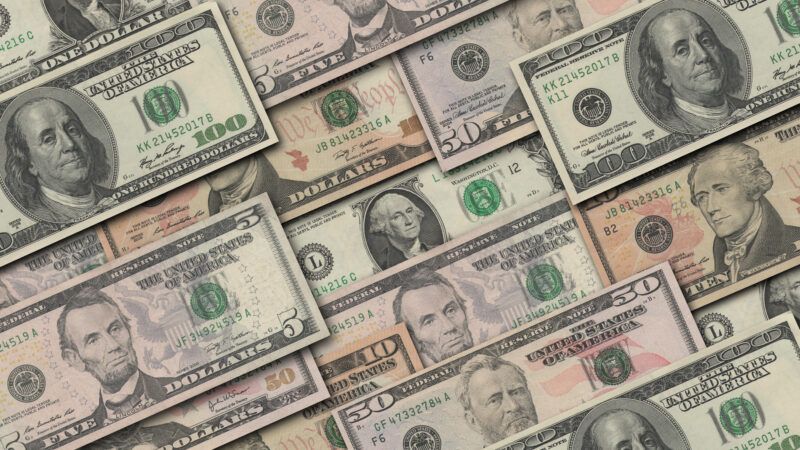Milei Sets Aside Dollarization Plan Due to Politics
In a recent interview, the Argentine president said he would have ended up in prison if he dollarized the economy.

Argentine President Javier Milei blamed politics for being unable to fulfill his campaign promise of dollarizing the country's economy, suggesting that such a move could have led to his impeachment.
"It's not that it wouldn't have been unfeasible to do that in technical terms, but we did infer that in political terms, politics was going to play dirty," Milei said during an interview with Bloomberg last week.
During the interview, Milei spoke of the challenges he faces as the leader of the South American country, including a "bankrupt" central bank and a "fiscal, monetary, and currency disaster of extravagant proportions." Milei's initial plan to overturn the crisis was to anchor Argentina's economic future to the U.S. dollar.
"We had a strategy to dollarize. It was to take the assets of the Central Bank against the national government, transfer those securities to the market, and get dollars," Milei explained. He claimed that this approach would have "worked properly" because when his term began, Argentine securities were valued at an attractive $18, significantly lower than their current value of $54.
"It would have been a highly successful approach," the president added. "But given the structure of Argentina's political system and considering how intellectually dishonest politicians and economists are in Argentina, if we had actually engaged in that sort of transaction at market prices…they would have probably accused us of shady business and would have sent us to prison."
Milei's presidential campaign was marked by his support for a series of free market reforms to revitalize Argentina's economy, proposing bold measures such as "dynamiting" the central bank and dollarizing the economy.
Dollarization, the process of adopting the U.S. dollar as a country's national currency, has historically helped mitigate the impacts of economic or financial crises, often generated by governments excessively printing money to finance high rates of public spending. By replacing a rapidly depreciating local currency with the U.S. dollar, countries can stabilize the economy, instill credibility, and curtail inflation.
To date, three other Latin American countries have officially adopted the U.S. dollar as legal tender. Panama was the first, embracing the dollar in 1904 to help facilitate the construction and operation of the Panama Canal. However, Panama also kept its local currency, the balboa, which is equivalent to $1 and coexists with the dollar. In 2000, Ecuador replaced its sucre with the dollar in response to a severe economic crisis that saw inflation rise to 95.5 percent. El Salvador followed suit, transitioning to the dollar in 2001.
Even Argentina has previously turned to the dollar to rescue its economy. In 1991, President Carlos Menem pegged the peso to the U.S. dollar in order to stop triple-digit inflation.
"Argentina's dollarization is the one, certain way to ensure that, in the future, Congress can meet its constitutional duty—set out in the original, classical liberal version of 1853—to defend the currency's value," write Daniel Raisbeck and Gabriela Calderon de Burgos for the Cato Institute.
Yet Milei's dollarization plan was met with strong opposition by economists and the Supreme Court, which claimed that the idea of eliminating the peso was "unconstitutional." Even Milei's finance minister, Luis Caputo, previously resisted dollarization, favoring an "orthodox stabilization plan."
As a result, Milei shelved the plan and has focused on other reforms instead. "Politics does not accompany us or support us; it tries to block us all the time," the president told Bloomberg. Milei hasn't quite given up on dollarization yet, although he doesn't believe it will happen before next year's legislative elections.


Show Comments (35)